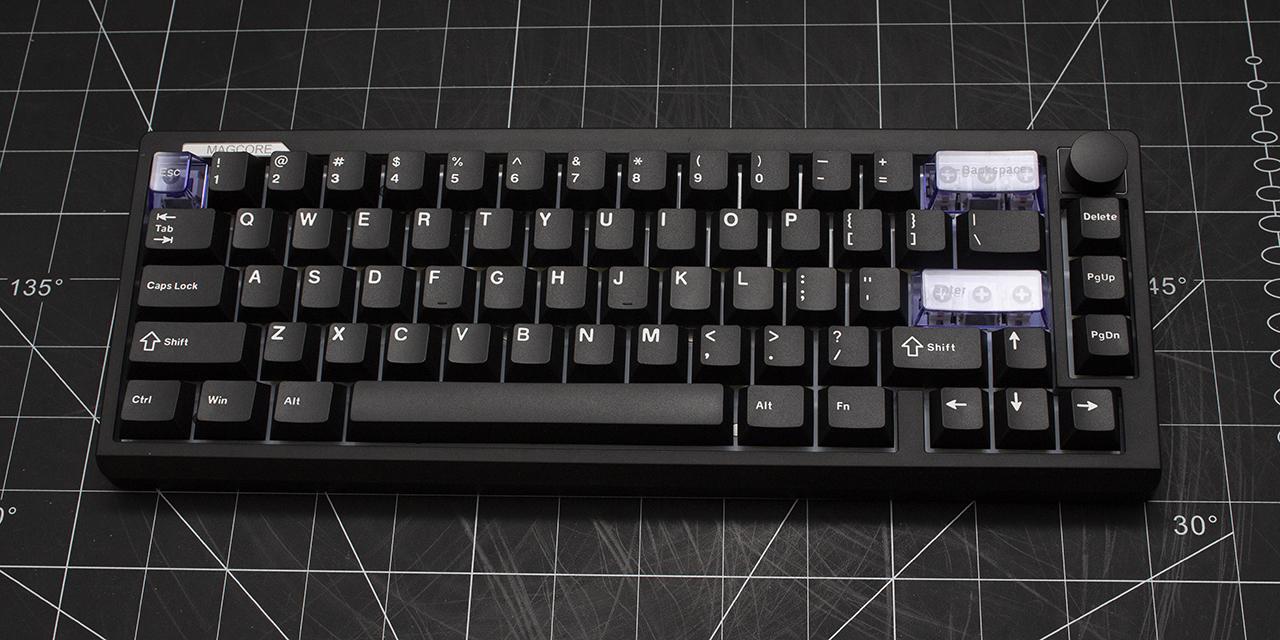Page 5 - Benchmark: Crystal Disk Mark 8.0
About Crystal Disk Mark
- Measure Sequential and Random Performance (Read/Write/Mix)
- Peak/Real World Performance Profile
From: Developer's Page
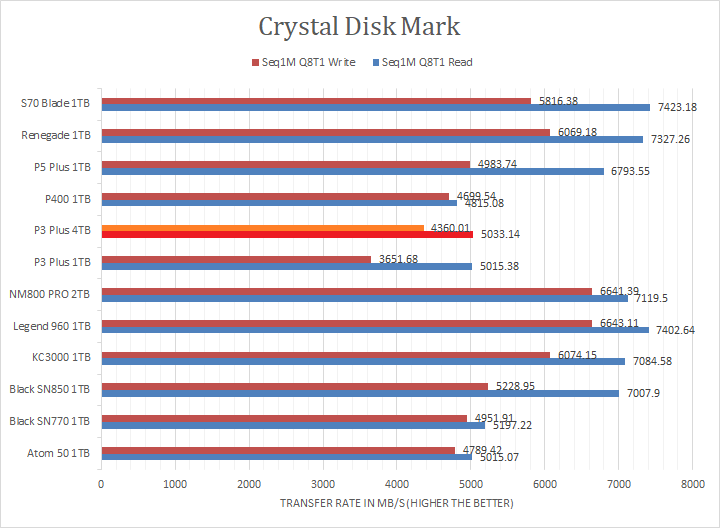
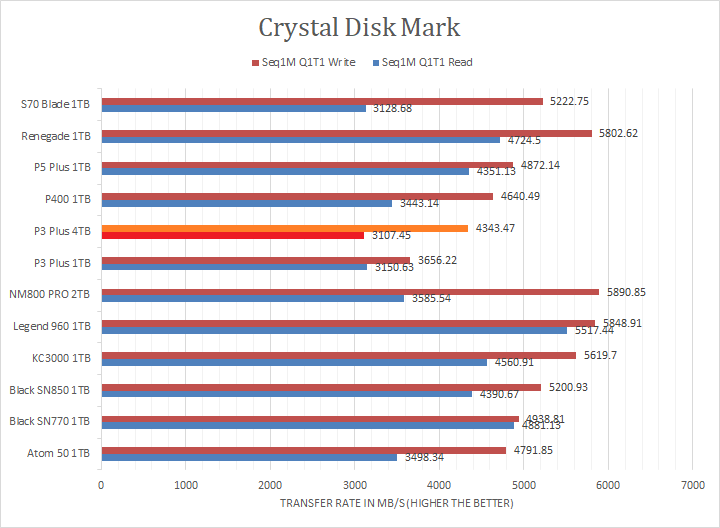
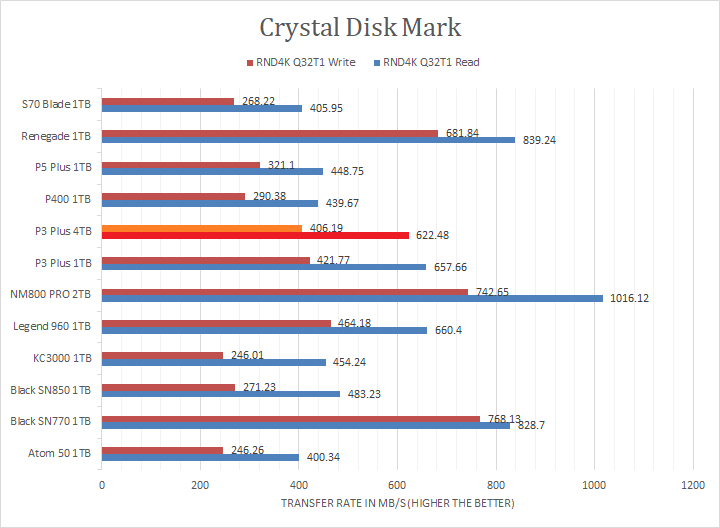
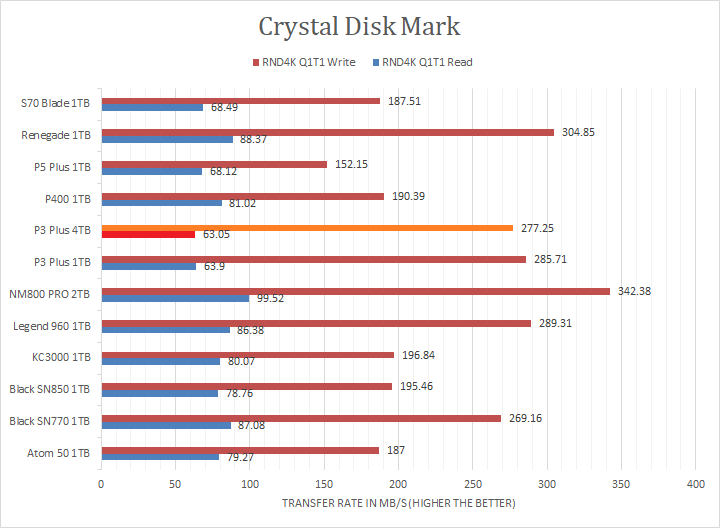
Crystal Disk Mark 8.0 is in the spotlight. Just a bit of background information, higher capacity drives tend to perform a little better in these tests. The ability of a controller and flash memory to deliver high IOPS will provide huge benefits to the score as well. As manufacturer peak read and write performance ratings are usually achievable using Crystal Disk Mark, whether a drive lives up to its marketing claims or not can be validated by this program.
Crucial claims the P3 Plus 4TB's maximum read and maximum write are pinned at 4800MB/s and 4100MB/s, respectively. Looking at the read and write results, the P3 Plus 4TB was the slowest drive in the sequential read and write sections against other PCIe 4.0 NVMe drives, but this was to be expected. The tested numbers were slightly better than expected compared to the specifications. Its write performance in the sequential tests were also measurably better than the 1TB model. However, the Crucial P3 Plus 4TB, like the 1TB version, delivered solid performance against other SSDs in the series of RND4K tests. However, all of them were marginally slower than the P3 Plus 1TB. I will let you make your own comparisons in our list of NVMe SSDs in the graphs above.
Page Index
1. Introduction, Packaging, Specifications
2. A Closer Look, Test System
3. Benchmark: AIDA64 Disk Benchmark
4. Benchmark: ATTO Disk Benchmark
5. Benchmark: Crystal Disk Mark 8.0
6. Benchmark: HD Tune Pro 5.70
7. Benchmark: PassMark PerformanceTest 10
8. Benchmark: PCMark 10
9. Benchmark: 3DMark
10. Conclusion





